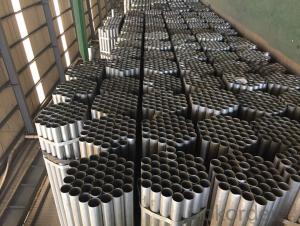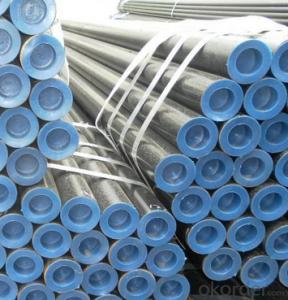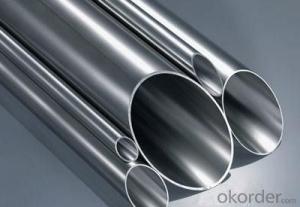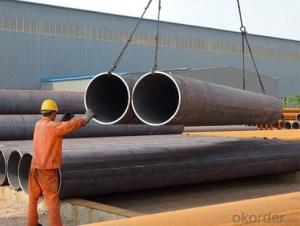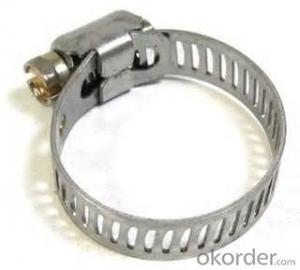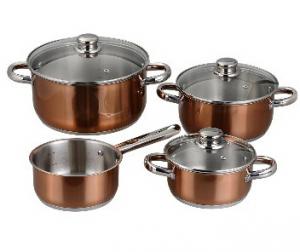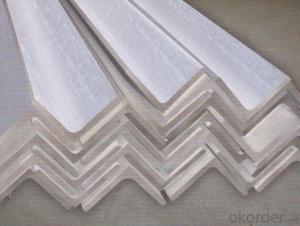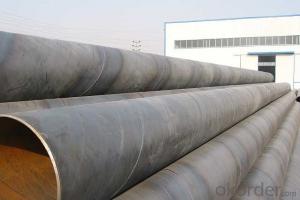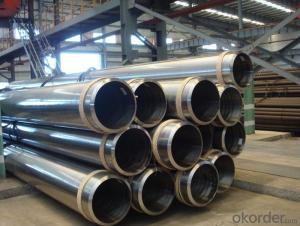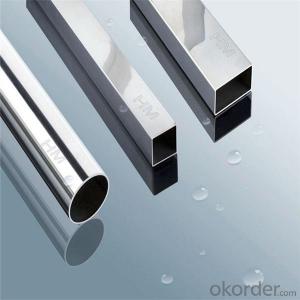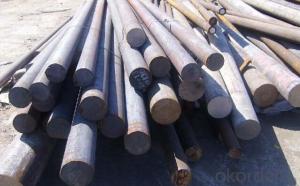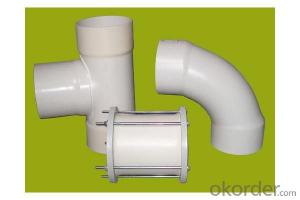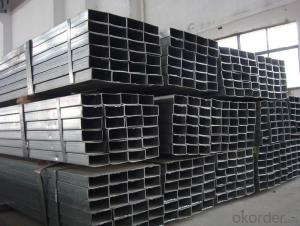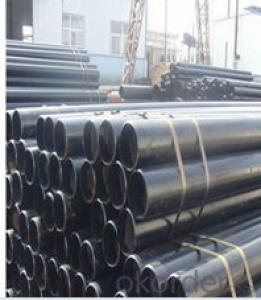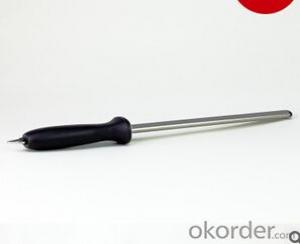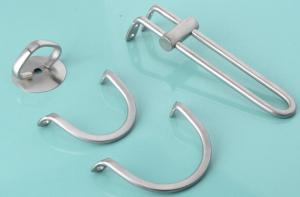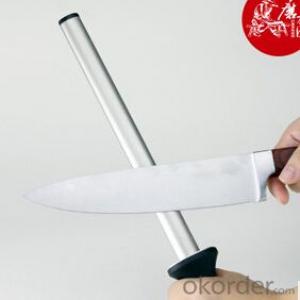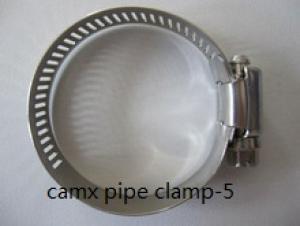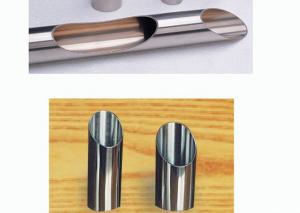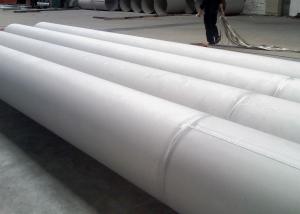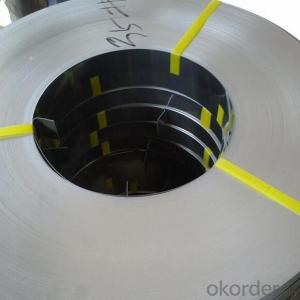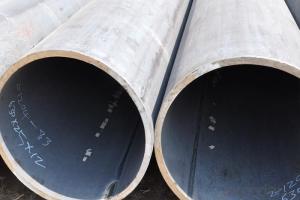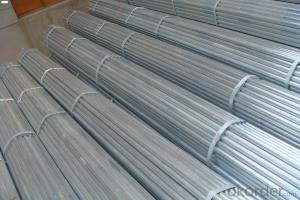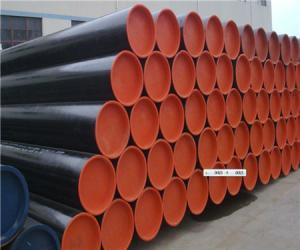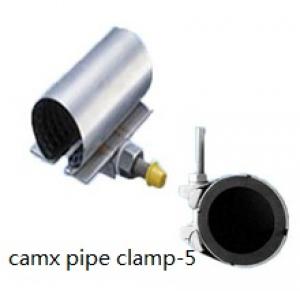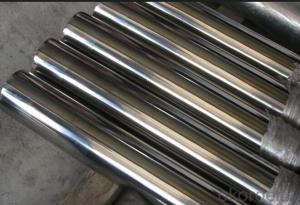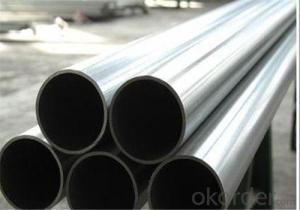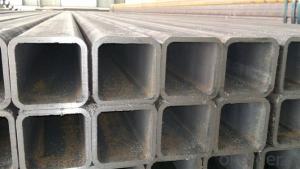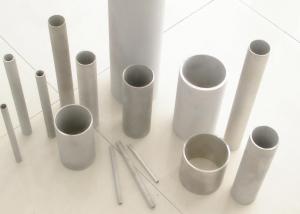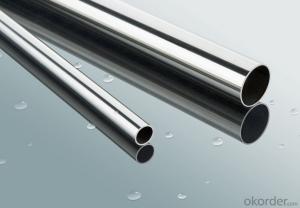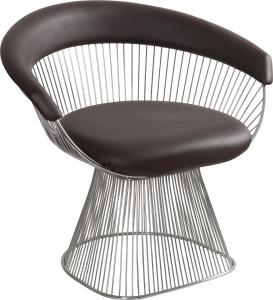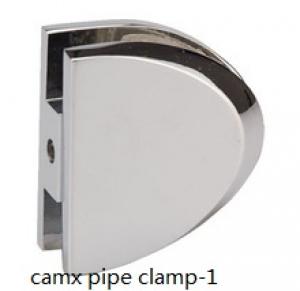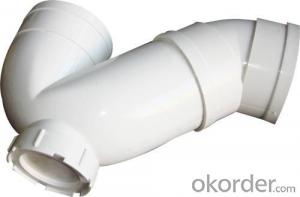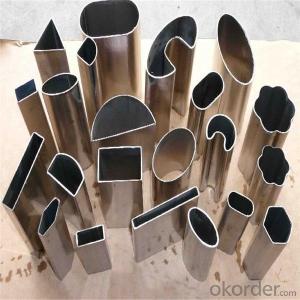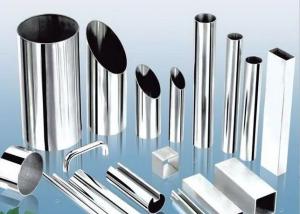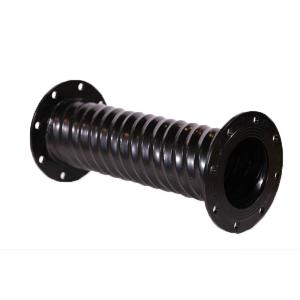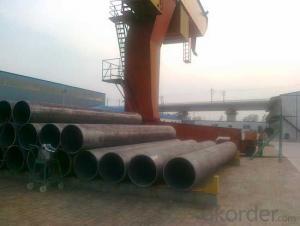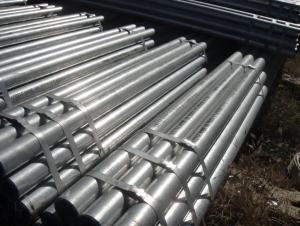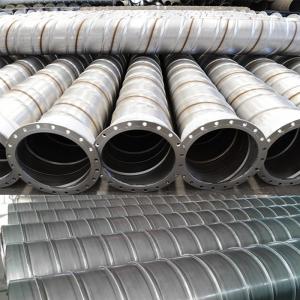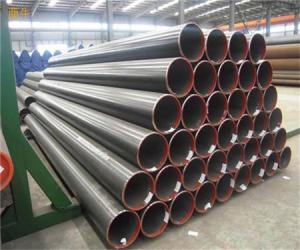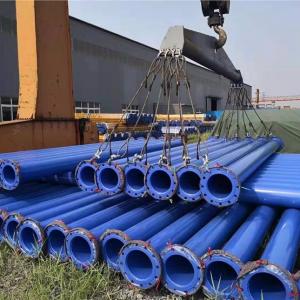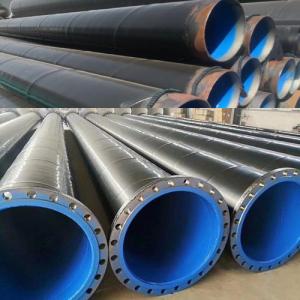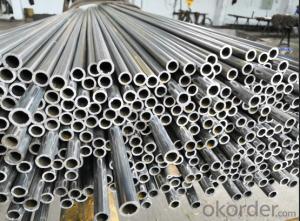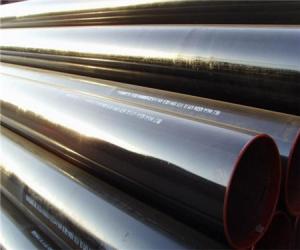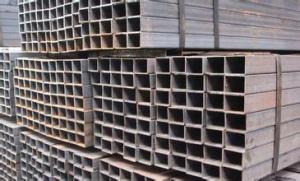Sch 10 Stainless Steel Pipe
Sch 10 Stainless Steel Pipe Related Searches
3 Inch Stainless Steel Pipe 2 Inch Stainless Steel Pipe Stainless Steel Screen Pipe 2 Stainless Steel Pipe Sch 10 Stainless Steel Pipe Stainless Steel Threaded Pipe Stainless Steel Pipe Flange Stainless Steel Flex Pipe Stainless Steel Pipe Screens Stainless Steel Chimney PipeHot Searches
Stainless Steel Pipe Suppliers Stainless Steel Pipe Near Me Stainless Steel Pipe Sizes Stainless Steel Pipe Suppliers Stainless Steel Pipe Near MeSch 10 Stainless Steel Pipe Supplier & Manufacturer from China
Okorder.com is a professional Sch 10 Stainless Steel Pipe supplier & manufacturer, offers integrated one-stop services including real-time quoting and online cargo tracking. We are funded by CNBM Group, a Fortune 500 enterprise and the largest Sch 10 Stainless Steel Pipe firm in China.Hot Products
FAQ
- There are three main types of steel pipe connections for fire sprinkler systems: threaded connections, grooved connections, and welded connections. Threaded connections involve screwing the pipes together using threads on the ends of the pipes. Grooved connections use grooves on the pipe ends and couplings with matching grooves to connect the pipes. Welded connections involve permanently bonding the pipes together using heat and a welding process. Each type of connection has its advantages and may be used in different applications based on factors such as pipe size, system design, and installation requirements.
- Yes, steel pipes can be used for underground chemical injection. Steel pipes are commonly used in various industries for their durability, strength, and resistance to corrosion. When it comes to underground chemical injection, steel pipes offer many advantages. They can withstand high pressure and temperature, making them suitable for transporting and injecting chemicals into the ground. Additionally, steel pipes have excellent chemical resistance, ensuring that they will not react with the injected chemicals and compromise the integrity of the system. However, it is important to select the appropriate grade of steel pipe that is compatible with the specific types of chemicals being injected to ensure optimal performance and longevity. Regular maintenance and inspections should also be carried out to identify any potential corrosion or damage to the pipes, ensuring the safe and efficient operation of the chemical injection system.
- The process of coating steel pipes involves several steps. First, the pipes are cleaned to remove any dirt, rust, or other contaminants. Then, a primer is applied to enhance adhesion and provide a protective layer. Next, the pipes are coated with a specialized coating material, such as epoxy, polyethylene, or zinc, depending on the desired level of corrosion resistance. This coating is applied using various methods, including spraying, dipping, or wrapping. Finally, the coated pipes undergo a curing process, which allows the coating to harden and form a durable barrier against corrosion.
- Steel pipes are used in the shipbuilding industry for various purposes including the construction of the ship's hull, piping systems, and structural components. They are utilized for their strength, durability, and corrosion resistance, playing a crucial role in ensuring the structural integrity, fluid transportation, and overall safety of the ships.
- Yes, steel pipes can be used for oil refineries. Steel pipes are commonly used in oil refineries due to their durability, high strength, and resistance to corrosion, making them suitable for transporting crude oil and refined products under high pressure and harsh conditions.
- The primary purpose of steel pipes is to transport fluids and gases, such as water, oil, and natural gas, over long distances in a safe and efficient manner.
- The main difference between carbon steel pipes and stainless steel pipes lies in their composition. Carbon steel pipes are primarily made of iron and carbon, while stainless steel pipes contain iron, carbon, and a minimum of 10.5% chromium. This chromium content in stainless steel pipes creates a protective layer of chromium oxide on the surface, making them highly resistant to corrosion. On the other hand, carbon steel pipes are more susceptible to corrosion and require additional coatings or treatments to prevent rusting. Additionally, stainless steel pipes offer better heat resistance and can withstand higher temperatures compared to carbon steel pipes.
- Steel pipes are typically protected during transportation and storage through various measures. These include using protective coatings like oil or paint to prevent corrosion, using proper packaging materials such as plastic caps or wrapping, securing them with straps or bands to prevent movement and damage, and storing them in covered or enclosed areas to shield them from environmental elements like moisture, sunlight, or extreme temperatures.
